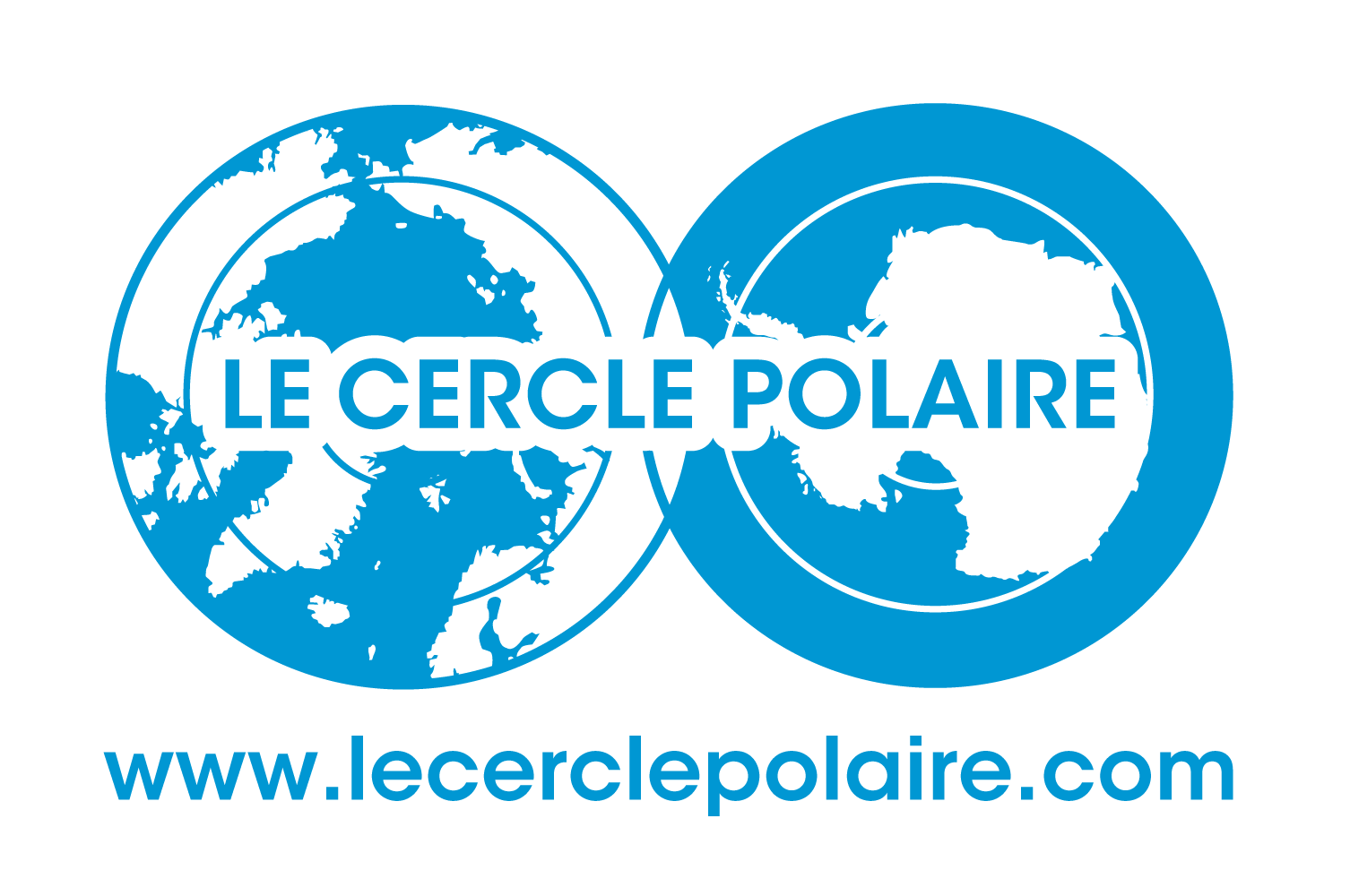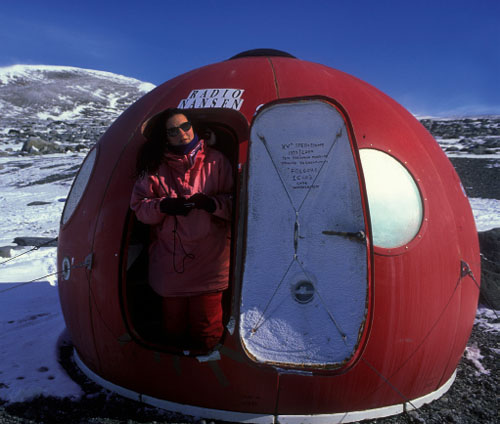![]() Silvia Olmastroni
Silvia Olmastroni
Ornithologist • Italy
“We need a stronger international pledge that will ensure the protection and conservation of the Antarctic ecosystems”
Silvia Olmastroni is an associate researcher at the Department of Environmental Science and an ecology professor at the University of Siena where she earned a PhD in Polar Science (2002). Her research focuses on vertebrate ecology, marine and estuarine birds. She has participated in 6 Antarctic expeditions to study reproductive biology and population dynamics of the Adelie penguin and skuas.
After obtaining my degree in biology from the University of Siena in 1996, I was asked to take part in a long-term project on Adelie penguins in the Antarctic, at the Italian base at Terra Nova Bay. Since then, I have been part of six Antarctic expeditions, and have dedicated my doctoral studies and research work to polar marine birds. Changes in ecosystems that result from natural or man-made causes can impact marine bird populations. Adelie penguins are an important bioindicator because of their large circumpolar populations and the fact that their life cycle is highly dependent on sea ice and available food. My research is concerned with measuring interannual variations in a number of elements that determine reproduction, survival and feeding habits, and aims to form a better understanding of how this species responds, on the short and long term, to present-day changes. Global warming has an impact on polar sea ice dynamics, and has a particular influence on the life cycle of ice-dependent species. Threats on the Antarctic ecosystem and the species that inhabit it include local human activity. Recently, there has been an increase in the presence of commercial fishing vessels (unfortunately sometimes operating illegaly) and cruise ships in the region. As these ships expand their routes, new areas are seeing their marine resources come under pressure from increasing human presence. While the effects on ecosystems resulting from global warming or direct human activity (loss of habitat, overfishing, modifications in the food web, contamination) are not immediately visible, sadly, they are only too apparent in some areas of the globe, particularly the Arctic. There are still many parts of the Antarctic where man has not yet altered nature’s delicate balance. Thus, more than ever, the future depends on the choices we make. The Antarctic Treaty marks the beginning of a strong commitment which has, over the years, allowed researchers from all over the world to collaborate. But we need an even stronger international pledge now that will ensure the protection and conservation, on a global and regional scale, of this essential and unique ecosystem.

